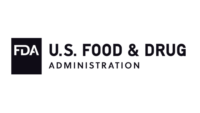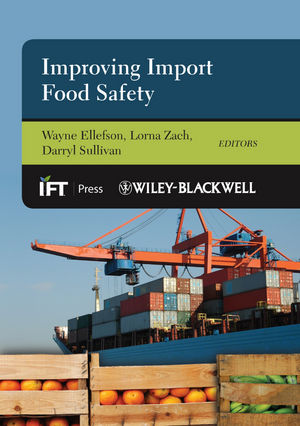FDA Announces New Egg Regulatory Program Standards

The U.S. Food and Drug Administration (FDA) and National Egg Regulatory officials have announced a new program for state egg and egg product regulators titled “Egg Regulatory Program Standards” (ERPS). The standards are designed to integrate the regulatory activities of partner agencies into an efficient and effective process for improving egg and egg product safety in the U.S.
FDA's Food Safety Modernization Act called for enhanced partnerships of government agencies and provides a legal mandate for developing an Integrated Food Safety System (IFSS). A key principle of an IFSS is the uniform application of model program standards so that regulatory agencies conduct inspections under the same set of standards. As the U.S. moves toward integrating food safety resources, uniform standards across egg and egg product regulatory programs are critical.
The program standards cover egg and egg product regulatory programs, not manufacturers or growers of eggs. The ERPS comprise 10 individual standards: regulatory foundation, training program, inspection program, inspection audit program, egg-related illness, outbreak and emergency response, compliance and enforcement program, outreach activities, program resources, and program assessment and laboratory support.
The 10 standards, designed to strengthen the safety and integrity of the U.S. egg and egg product supply, are also the core elements of a state’s regulatory program. The ERPS will provide a framework that every state can use to determine the strengths and challenges of its program. The ERPS also provide the foundation for mutual reliance on inspections and other work conducted by federal and state agencies.
Additional information on the ERPS is available at FDA’s Egg Regulatory Program Standards (ERPS).
Looking for a reprint of this article?
From high-res PDFs to custom plaques, order your copy today!






